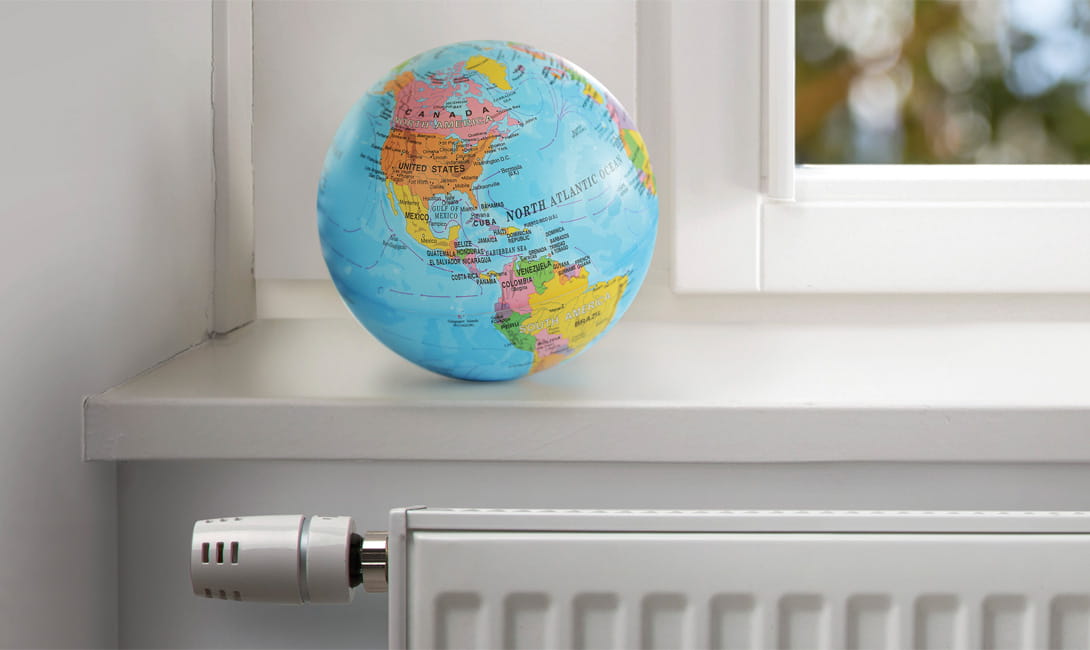- Energy saving
World Climate Day: reducing our impact on the environment
Celebrated every year on December 8, World Climate Day was initiated by various French and Belgian environmental associations to highlight the need for increased awareness around climate preservation and the impact of our actions. The fight against global warming is one that concerns us all and requires each and everyone of us to make changes in our daily lives.
Protecting our environment
Climate change is already causing a decline in water supplies, more frequent and intense droughts, storms, heat waves, etc. All of which, in turn, affect our biodiversity with 20 to 30% of all animal and plant species currently threatened worldwide. To address these issues and support the EU’s aim to be climate-neutral by 2050, we need to commit to climate protection. A great place to start is to take a closer look at our energy consumption since the IEA (International Energy Agency) estimates that energy accounts for more than two-thirds of total greenhouse gas emissions globally.From fossil fuels to renewable energy
The IEA found that in even in 2020 fossil fuels such as coal, oil and gas still represented 80% of the total energy supply globally. Since these fuels are one of the largest contributors to global climate change, it’s only logical that we try to avoid their use and opt for alternatives such as renewable energy in the form of solar energy, wind energy, hydraulic energy, geothermal energy, etc. Solar energy in particular is a very accessible renewable resource which can be implemented on a smaller scale at an acceptable cost. Just think of photovoltaic panels that can be used to power heat pumps, modern electric radiators, etc.Energy efficiency
Not only the source of our energy use is an important factor, also the way in which we consume our energy. That’s why it’s vital to reflect on our heating and cooling systems and their energy efficiency in particular. New buildings that are being erected today already take into account the innovative materials and products available that help to reduce energy loss. However, since the EU building stock is dominated by old houses, it’s vital that these energy-intensive buildings are renovated. Better insulation and an efficient heating system are key in the renovation process to ensure an optimal energy efficiency.Low temperature heating
When it comes to a sustainable heating system it’s best to switch to low temperature heating. Lower system temperatures allow more heat to be recovered from the flue gas so that heat loss is reduced and the heating system’s efficiency increases. A low temperature heating system can be set up with a modern condensing boiler but also with a heat pump if you prefer a renewable energy source. Whichever heat source you choose, just make sure to match your heat emitters to the new temperature regime. Only when all components of the heating system are perfectly attuned will you – and the planet – be able to enjoy the benefits of a reduced energy consumption.
Find out more about the potential energy savings of low temperature heating

